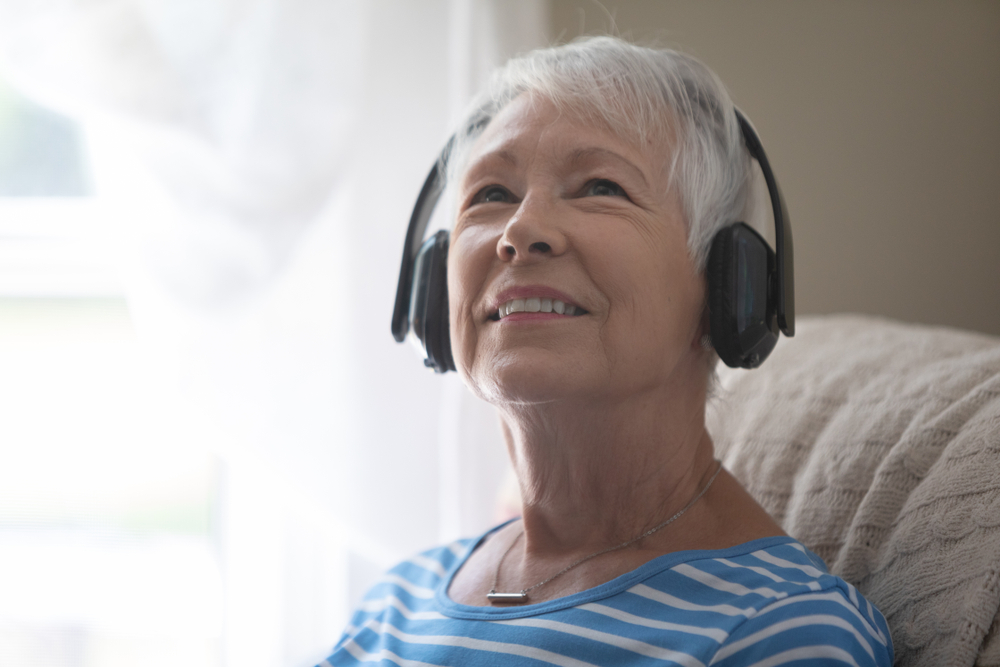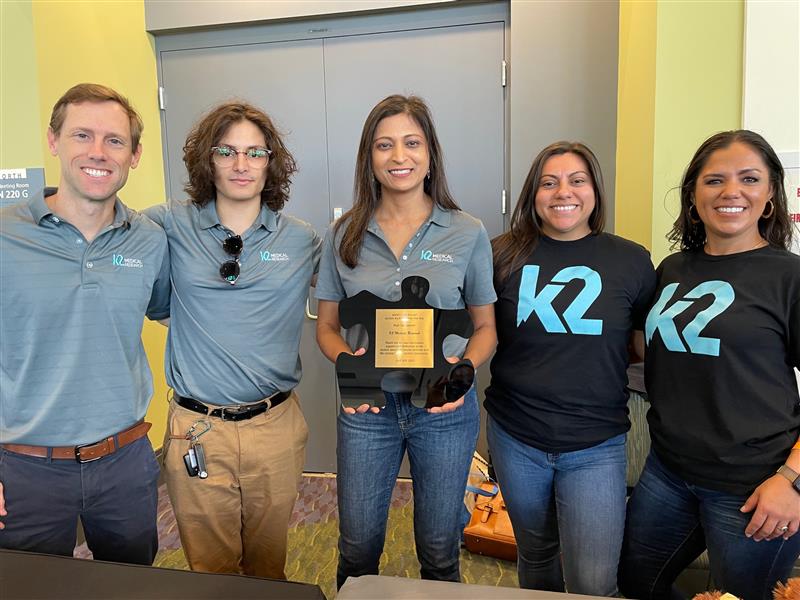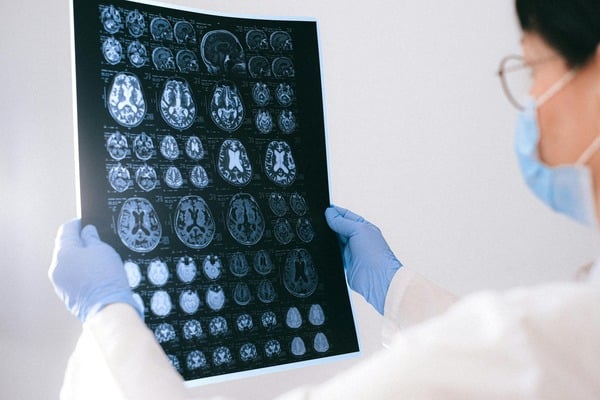When it comes to music and the brain, there is a very special link.
By: Simon Spichak
When Tony Bennett’s family announced last February that he had Alzheimer’s disease, few could have guessed that the 94-year-old singer would still hold two major concerts — performing dozens of songs for huge audiences and recalling all the lyrics.
“When it was time to rehearse, something incredible happened,” anchor Anderson Cooper relayed in a moving 60 Minutes feature about Bennett’s preparation for his career finale. The piano player would dive into the set, and “suddenly, the legendary showman was back,” Cooper observed, performing long sets from memory. Bystanders called it “nothing short of a miracle.” But Bennett’s ability to turn on his memories of music and lyrics in the face of serious Alzheimer’s isn’t such a surprise to neurologists.
Music is a powerful memory cue. Hearing a song that carries importance in your life, from a wedding or a prom, elicits this entire memory. And research shows this remains true even when a neurodegenerative disease takes hold. Many people with Alzheimer’s may struggle to remember recent events or conversations. They may forget the names of loved ones. But despite these impairments, remarkably, they are still able to tap into musical memories long after other types of memories fade.
Several studies have noted the benefits of music on autobiographical and episodic memory, and even on cognitive function and psychiatric symptoms in healthy people and in Alzheimer’s. So, why is the memory of music left intact while cells in other parts of the brain begin dying?
The Biology of Musical Memory
Music stimulates many regions in the brain. This includes the sensory regions that process sound as well as the amygdala, which plays a key role in emotional processing — and in encoding the emotional qualities of memory. One hypothesis is that these regions of the brain are more resilient to cell death.
In one 2015 study, researchers mapped the regions of the brain that are activated when we hear familiar songs. The researchers identified specific parts of the brain that respond to these songs in healthy humans. Then, they looked at the brains of people with Alzheimer’s disease. They found that the areas involved in processing these musical memories experience little atrophy or cell death. In another study, photographed-evoked memories declined significantly while musical memories stayed intact.
This research demonstrates the importance of music in “unlocking” memory in people living with neurodegenerative diseases. Remarkably, they are finding that the regions of the brain that help us encode music-associated memories are the last to go in Alzheimer’s.
Music Therapy for Alzheimer’s
This is what makes music therapy such a powerful opportunity to help people, even those in later stages of Alzheimer’s, to connect with the memories they still have. Approaches may involve passive listening, creating playlists of old favorites to spark memories, or even playing or singing music, as Tony Bennett does.
Compared to medicinal treatments and other available therapies, music therapy is enjoyable and easy to administer, and it comes with the added bonus of giving family members the opportunity to bond and reminisce with loved ones.
While Bennett may struggle with his memory due to Alzheimer’s, he never misses a beat when it comes to music. Music therapy isn’t exclusive to musicians — for anyone who has enjoyed music at some point in their lives, it can be a way to channel some of this inspiration to family members navigating their own experience with Alzheimer’s.
























